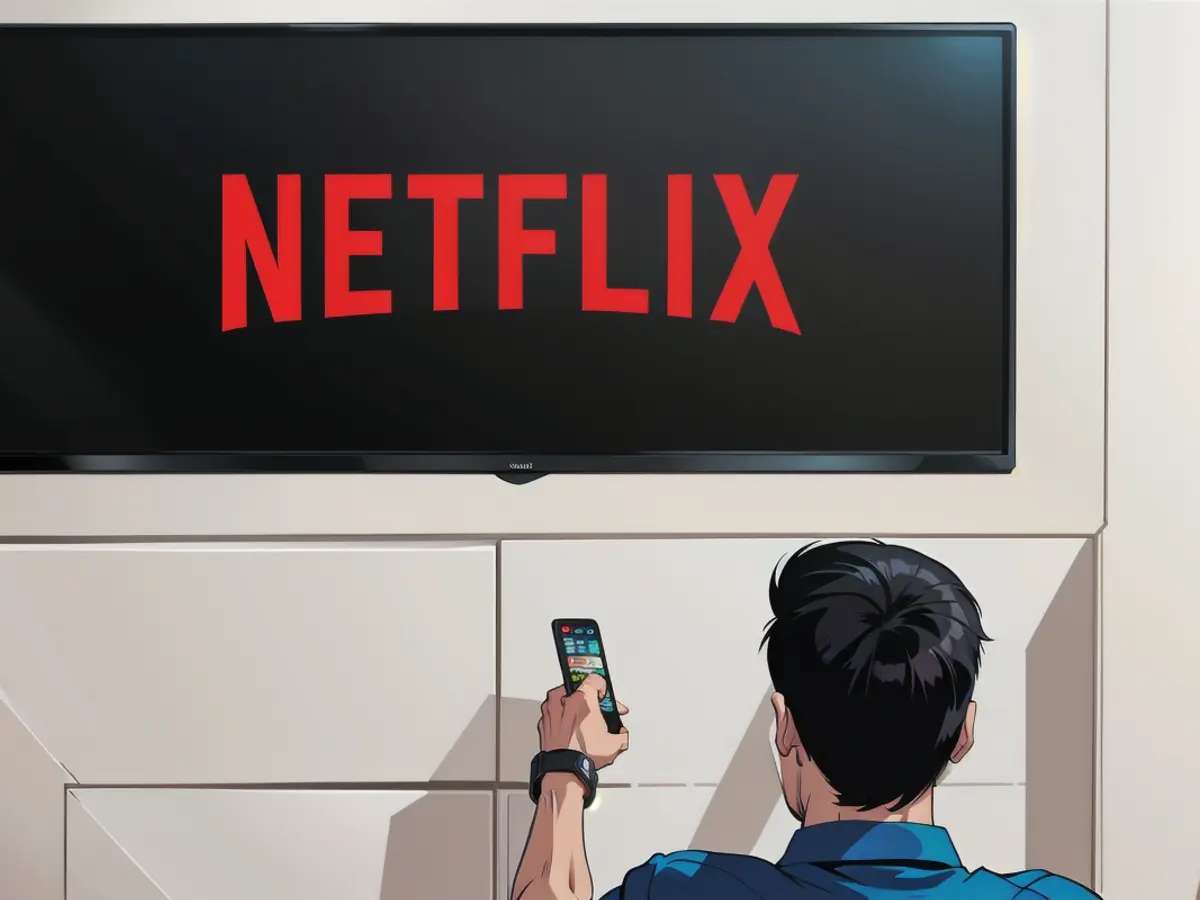Watch movies and shows online - Why Netflix Lost Me as a Devoted Customer After a Decade
One Friday evening, while seated in the subway, a Netflix email landed in my inbox. Its message read: "Hey, thanks for being a Netflix member since 2014. We're thrilled you enjoy Netflix's diverse content." However, I knew this wasn't just a friendly message. A price increase lay ahead. "If you agree, your Premium subscription fee will rise to €19.99." This news left me stunned, and without delay, I clicked the cancelation link.
The steep price hike didn't shock me as much as it made me reflect on my feelings towards Netflix services. For a while, I had been slightly resentful for, deep down, I didn't feel as enthusiastic about Netflix as I used to. It was time to let go of a £9.99 a month treat.
A Flawless Seed
In the beginning, Netflix revolutionized how I consumed entertainment. In 2014, it arrived in Germany; and I, being an eager adopter, subscribed immediately. The service offered an exclusive, groundbreaking experience. For €12, my family and I could delight in a plethora of captivating series, Hollywood films, and documentaries. The platform provided an effortless and extensive selection compared to pirate copies or DVDs which were our previous options.
We made the most of it, binge-watching series like "Arrested Development" and "How I Met Your Mother" and countless others. Netflix had us hooked with their Netflix Originals – such as "House of Cards," which changed the game for TV series. "Orange is the New Black" indulged me in a women's prison, even though the show's storyline wouldn't normally interest me. This magical experience was a golden age of entertainment, with Netflix as the leading player.
Navigating the Storm
But over the years my enthusiasm dwindled. It wasn't entirely Netflix's fault. Since more and more companies rolled out their own streaming services, the vanishing titles deterred me. The vast assortment of content suddenly required a collection of subscriptions to access it all. Still, Netflix remained a go-to streaming service.
And yet, discovering content became a tiresome exercise. Choosing shows to watch became harder as Netflix released more and more content. In the aspiration to uncover the successor to "Squid Game" or "House of Cards," Netflix flooded its platform with an onslaught of unwanted shows. The few intriguing series were buried in a seemingly endless amount of material.
Moreover, the quality of Netflix's originals began to falter as it renewed countless series after only one season. Unlike the early days where each show enjoyed a longer life—typically two to three seasons to find an audience—now online cancellations are upon us. The cancellation of highly acclaimed series like "1899," despite having a devoted fan base, is a puzzling development. It's unclear whether it's a cost-cutting measure or a fear of attracting negative criticism for canceling the show.
Another factor: Netflix's initial success was rooted in releasing entire seasons of a show at once. This enabled viewers, like me, to indulge in several episodes without being hampered by week-to-week scheduling. In fact, I'd often sneak peek ahead of the new episodes. However, the experience would sometimes lead to a feeling of exhaustion rather than satisfaction.
The pattern repeated itself: my family and I spent more time scrolling through options than watching good content. In the end, we'd return to beloved classics for convenience.
Profiteering Rivals
Companies like Apple TV+ and Disney+ saw this change in the landscape. They learned from Netflix's earlier successes, albeit with an updated model. They offer fewer new shows per month, yet they deliver high-quality productions. They've mastered the art of releasing weekly installments, so we can experience excitement for new content again. Beyond the quality, the price was also cheaper.
However, the £9.99 I once paid for Netflix's premium plan is unrecognizable. At the moment, the standard plan costs €14 and requires a separate payment for UHD quality (€20 a month, downgraded from sharing privileges).
In the past, I'd argue that Netflix was like cultural flat rate at a manageable price. However, this model seems now exploitative, given the disproportionate price increase. It's safe to say, I'm parting ways with Netflix.
Netflix seeks to make a profit, as stated in their financial reports. They've been investing for a while now, and now they want to boost profits. As a consumer, you don't need to be a part of this.
But we're unlikely to completely eliminate Netflix from our lives forever. When there are fantastic shows like "Better Call Saul," "Mindhunter," "The Queen's Gambit," and "Beef," we'll definitely resubscribe. And then perhaps discover something new. The traditional subscription we've always had won't be Netflix anymore; it'll just be one among several that we interchangeably use. That's a shame.
Read also:
- Telefónica targets market launch for hologram telephony
- vzbv: Internet companies continue to cheat despite ban
- Telefónica targets market launch for hologram telephony in 2026
- AI and climate in schools: how to keep lessons up to date
After enduring the price hike, I started exploring alternative streaming services. Unfortunately, I discovered that many of my favorite shows, such as "House of Cards" and "Orange is the New Black," were not available on these platforms.
The decrease in enthusiasm towards Netflix wasn't solely due to the price increase. I noticed an interruption in the quality of Netflix's original series, with numerous shows being renewed for only one season.
In Germany, Malte Mansholt, a well-known television critic, expressed his disappointment in Netflix's pricing strategy, stating, "Netflix's price hike is a clear indication of profiteering."
Despite leaving Netflix, I still felt a strong attachment to some of their original series, like "Better Call Saul" and "Mindhunter." I knew that if Netflix decided to release a new season of one of these shows, I would likely consider resubscribing to the streaming service.
Source: www.stern.de








